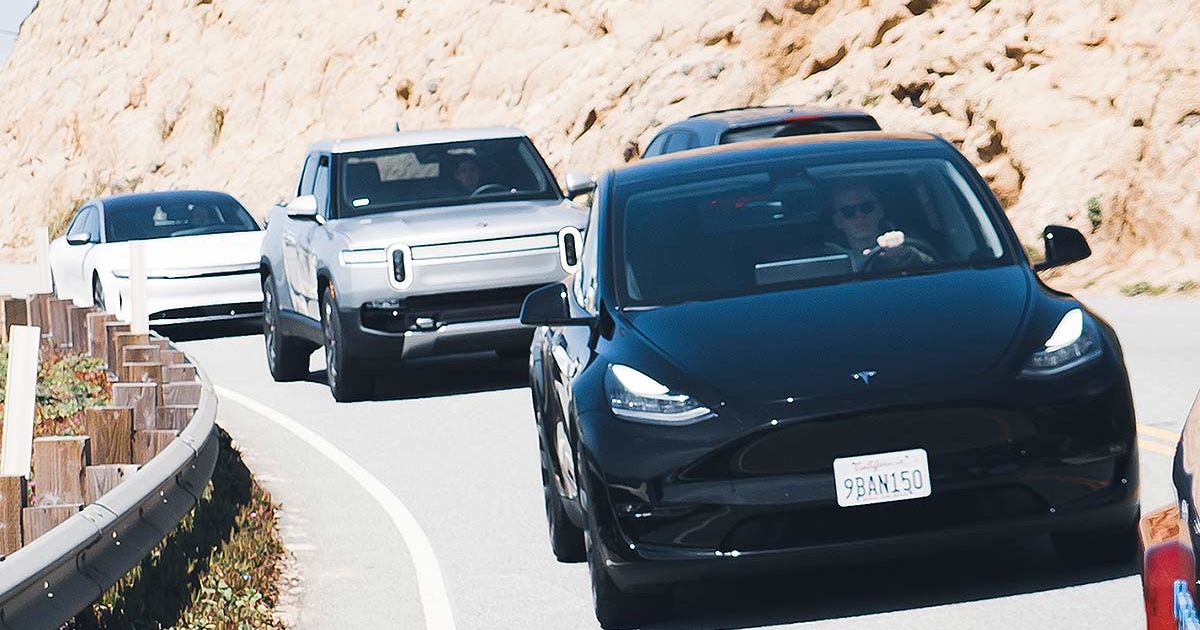
Owner satisfaction in new-vehicle design and performance has declined for the second year in a row, according to the 2023 J.D. Power U.S. Automotive Performance, Execution and Layout (APEAL) study — a first in the survey’s 28-year history.
Overall satisfaction is 845 out of 1,000, two points lower than 2022 and three points lower than 2021.
“We’ve had two years of decline in a row — that’s never really happened before,” Frank Hanley, senior director of auto benchmarking at J.D. Power, told Automotive News. “The industry definitely is not headed in the right direction right now,” and “customers are not very happy right now.”
Nine of the 10 factors in the survey saw declines this year. The outlier is satisfaction with fuel economy, which is 15 points higher than it was in 2022. But celebrate not — Hanley attributed the fuel economy improvement to lower gasoline prices.
Even as overall satisfaction declined, the survey saw minor victories for electric vehicles. For example, for the second consecutive year, owners of battery-electric vehicles were more satisfied with fuel economy than were owners of internal combustion engine vehicles. BEVs received a satisfaction rating of 797, compared with 758 for combustion engine vehicles.
The survey also found that EVs overall continue to close the gap with gasoline-powered vehicles on owner satisfaction. This year, the two are separated by only three points, with gasoline-powered vehicles scoring 843 and BEVs (excluding Tesla) scoring 840.
Satisfaction with vehicle exteriors saw the biggest decline of any category in the survey. This year’s satisfaction decreased to 888 from 894 the previous year.
“The fact that exteriors are going down six points this year over where it was last year is kind of concerning — saying that, you know, the designs that are out there are not invoking that passion with customers that we’ve seen in the past,” Hanley said, noting that exteriors are any would-be driver’s first impression.
Hanley said the survey’s results indicate that even as automakers collect reams of data, they still do not know what customers want. He mentioned infotainment as a prime example. Automakers such as Mercedes-Benz and Volkswagen are developing advanced native infotainment centers, but less than half of owners want to use built-in infotainment centers for phone calls, voice recognition and navigation.
Even the upstart Tesla did not escape unscathed this year — the brand’s overall satisfaction rating dropped nine points from last year to 843, which Hanley suggested might be a result of more mainstream buyers joining giddy early adopters.
As automakers look to maintain pandemic-era profit gains and hunt for new revenue streams such as subscription software offerings, they will have to tread carefully to avoid alienating already dissatisfied drivers. Consumers’ unwillingness to adopt paid mobile applications by automakers might be a sign of what’s to come, Hanley said.
“Customers are not very willing to pay for the apps, so my guess is that sentiment will continue with other features,” he said.
The study surveyed 84,555 owners of new 2023 model year vehicles between February and May 2023.

